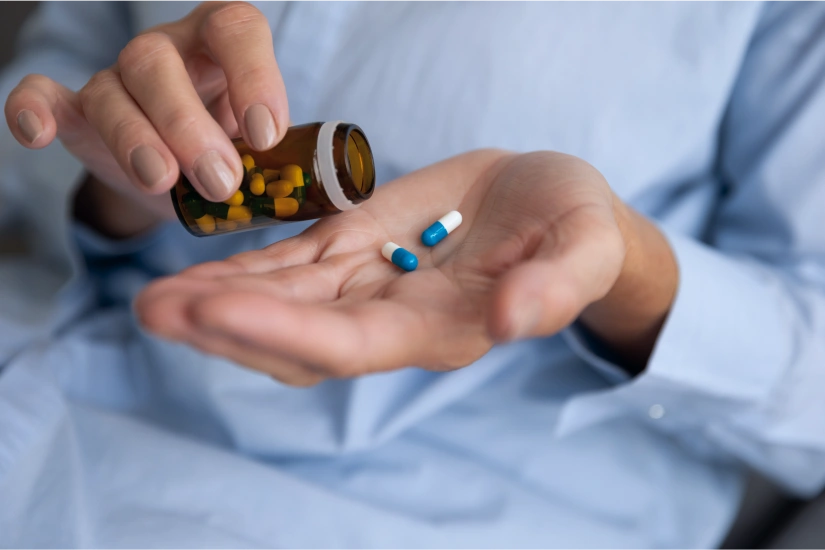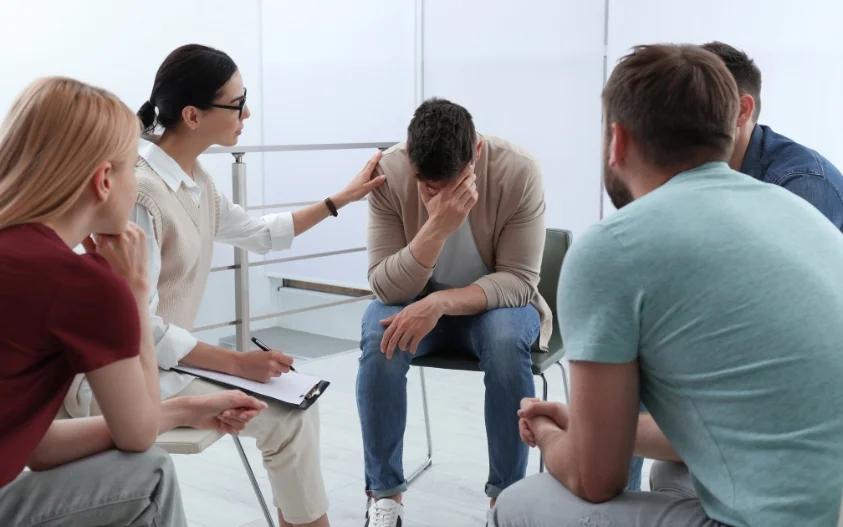24/7 Helpline:
(866) 899-221924/7 Helpline:
(866) 899-2219
Learn more about PTSD Rehab centers in Mcgregor
PTSD Rehab in Other Cities

Other Insurance Options

Choice Care Network

Carleon

Sliding scale payment assistance

Private insurance

Aetna

Magellan

American Behavioral

Meritain

BHS | Behavioral Health Systems

Coventry Health Care

Horizon Healthcare Service

Optum

Medical Mutual of Ohio

United Health Care

AllWell

Ambetter

Covered California

Self-pay options

PHCS Network

Cigna






































Northland Counseling Center – Aitkin
Northland Counseling Center - Bunker Hill Drive offers outpatient treatment for individuals with alc...






















